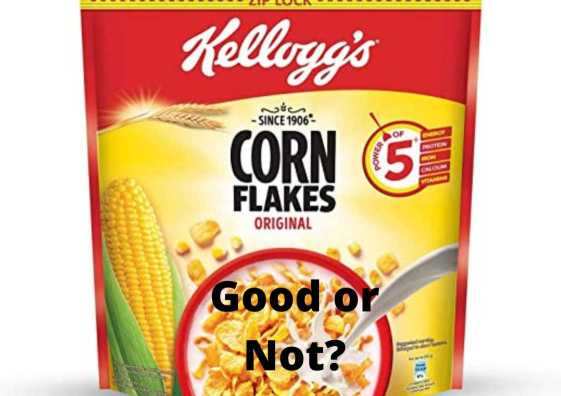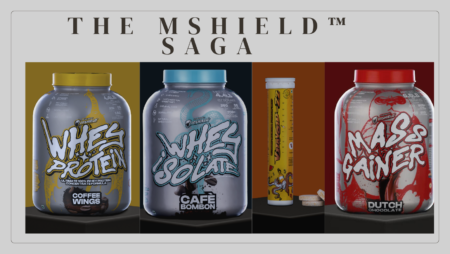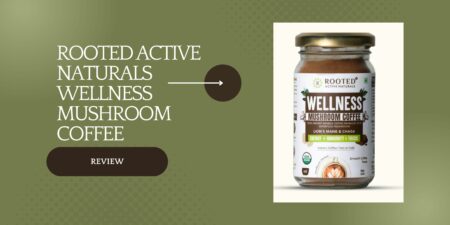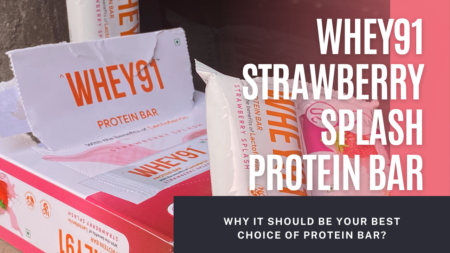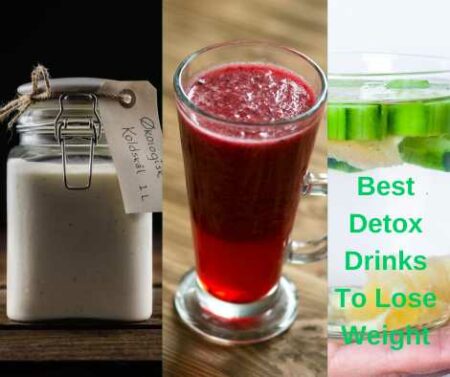Kellogg’s corn flakes is the most trusted and accepted morning cereal in India. Combining it with milk not only enhances the taste but also enhances its nutritive value. Besides being a cereal there are also various recipes such as chaat, muffins, cookies that can be made using this ingredient. Easily available and loved by all these corn flakes by Kellog’s is loved in India and seems to be irreplaceable in the coming five years. So today in this article we will be reviewing Kellogg’s corn flakes and will be determining whether it is actually healthy or not. Let’s begin.
Table of Contents
Ingredients in Kellogg’s corn flakes
- Corn grits
- Sugar
- Cereal extract
- Iodized salt
- Vitamins and Minerals
- Antioxidant INS 320
- Added flavors
Nutritional information per 30g without milk
| Nutrients | Amount |
| Energy | 114Kcal |
| Total fat | 0.3g |
| Cholesterol | 0mg |
| Carbohydrate | 26.1g |
| Protein | 2g |
| Sodium | 0.15g |
Along with this Kellogg’s corn flakes also contains Vitamin A, C, B1, B2, B3, B6, B12, folate and iron.
Analyzing ingredients and nutritional information of Kellogg’s corn flakes
Power of 5?
Kellogg’s mentions that their corn flakes are packed with the power of 5 which includes energy, protein, iron, calcium and vitamins. Let’s see if the claim by the brand is actually true or not.
Energy
Kellogg’s corn flakes provide you with a good amount of energy as it contains simple sugar. If you are mixing it with milk then energy content further enhances which is actually considered great for your child’s proper growth and development.
Protein
The protein content can be considered good if you are eating this with milk. If you are depending solely on the corn flakes for the protein, then the protein content is very low. 1 serving provides you with 2g of protein. If you consume it with 200ml of milk then the protein content rises to about 8.5g per serving.
Iron
A good quantity of iron is already found in corn and it fulfills about 25% daily iron requirement. So it can be considered great for your children.
Calcium
Corn contains negligible amounts of calcium. And unfortunately, calcium is not mentioned in the nutritional information of Kellogg’s corn flakes. So we can assume that they are considering the calcium only if you are eating this with milk, as milk is actually rich in calcium.
Vitamins
Vitamins are already naturally present in corn and the vitamins mentioned in Kellogg’s corn flakes are because of the presence of corn. Plus if you are taking it with milk you get more vitamins.
So overall, the power of 5 may confuse you but it can be approved if you are consuming these corn flakes with milk.
Not a whole grain breakfast
When it comes to corn flakes it should be made with whole-grain corn. But if you go through the ingredient list of Kellogg’s corn flakes properly you will find corn grits (61.7%). They have not used whole corn in these corn flakes. Whole corn is extremely nutritive and is filled up with carbohydrates, protein, fiber and is generally sodium-free and fat-free.
But Kellogg’s corn flakes do not use whole corn, as a result, it can’t be concluded as a whole grain breakfast. Corn grits may also spike your insulin level as the fiber content is very less. Corn grits are made from crushed ground corn. It is made from corn but it is refined and processed where the layers of whole-grain corn are removed. The main nutrients of the corn are lost while it is been processed.
Fat and Sugar
The fat content in this product is negligible which is good actually.
The next ingredient mentioned in the packaging is sugar and is in a moderate amount. But if you are adding further sugar to this then the sugar content goes up. So it is always advisable to not add sugar if you are giving these corn flakes to your kids.
Antioxidant INS 320
Antioxidant 320 present in Kellogg’s corn flakes is synthetic chemical Butylated hydroxyanisole. This antioxidant is somewhat controversial as various studies say that it has the potential to cause cancer and may damage your DNA. FDA has permitted the usage of Antioxidant 320 in food products within permissible limits since the harmful side effects are not proven yet. I believe that this is somewhat a negative point for a huge brand like Kellogg’s as there are other safe choices of antioxidants like 322 and 307b which they could have used in this product.
Contains gluten
Corns are generally gluten-free but Kellogg’s corn flakes confirm the presence of gluten because of the usage of the ingredient cereal extract. They do not mention the choice of the cereal extract they used. So it can be assumed that one of the cereal extracts may contain gluten in it. So people who are gluten intolerant should definitely stay away from this product.
Conclusion
We definitely need breakfast food in the morning which is rich in protein, carbohydrates and calories to keep us going throughout the day. The protein and fiber content is way too less in Kellogg’s corn flakes. But if you combine it with milk, it can be considered a great option. Although instead of Kellogg’s corn flakes you can have boiled egg, banana and milk as your breakfast which can be considered as the best option. But again, yes in this fast-paced lifestyle a quick breakfast snack like Kellogg’s corn flakes can be considered healthy.
ALSO READ
Is Kellogg’s chocos good for health?

